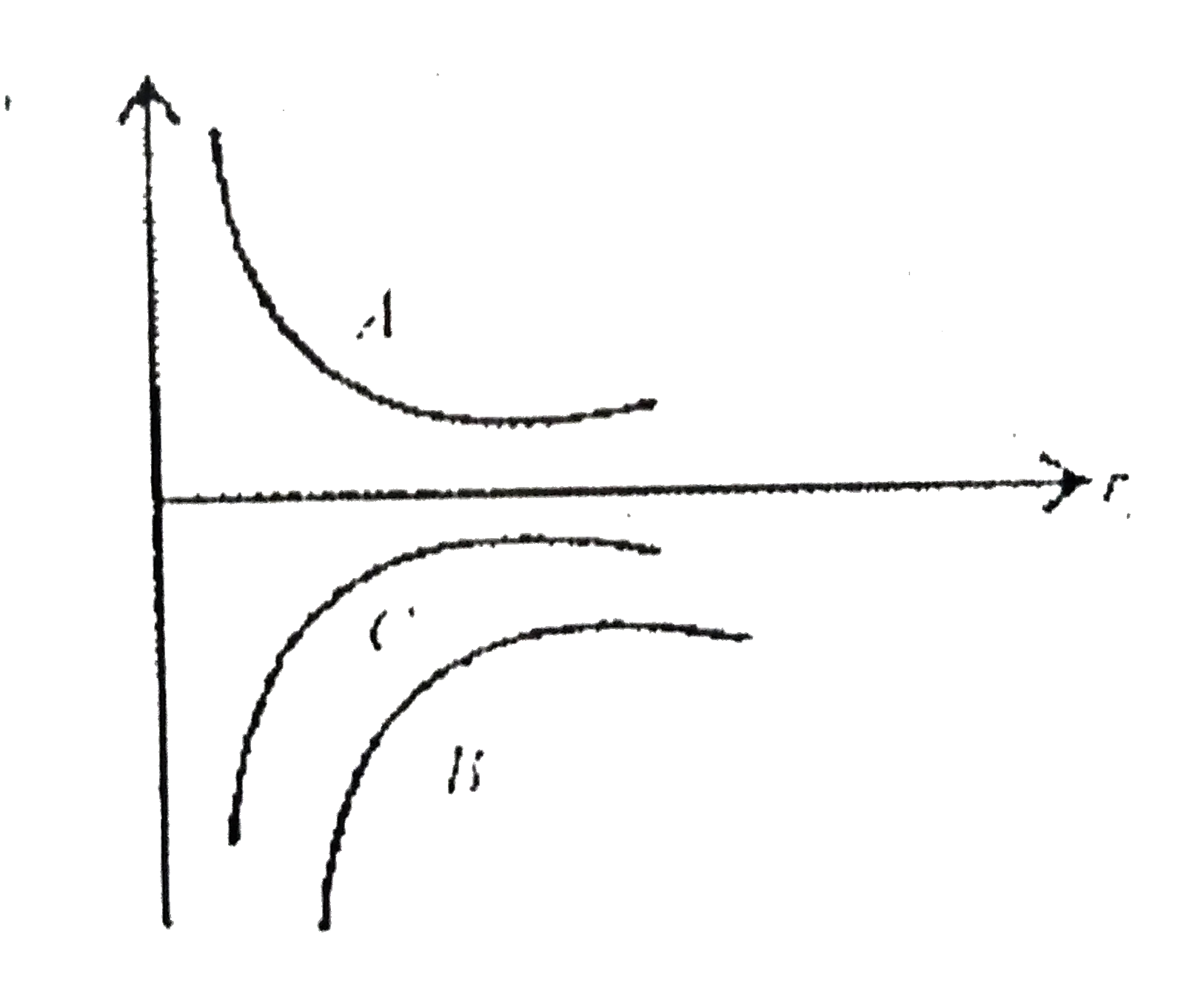Mark the correct statements.
A given conducting sphere cannot be charged to a potential greater than a certain value.
A given conducting sphere can be charged to a potential less than a certain minimum value.
A given conducting sphere can be charged to any extent.
none of these
The correct Answer is:A, B
To solve the question, we need to analyze the statements about a conducting sphere and determine which ones are correct. Let's go through each statement step by step.
Step 1: Analyze Statement A
Statement A: "A given conducting sphere cannot be charged to a potential greater than a certain value."
- A conducting sphere has a limit to how much charge it can hold, which is influenced by the dielectric strength of the surrounding medium. If the charge exceeds this limit, it can lead to breakdown of the medium, causing a discharge.
- Therefore, this statement is correct.
Step 2: Analyze Statement B
Statement B: "A given conducting sphere can be charged to a potential less than a certain minimum value."
- A conducting sphere can indeed be charged to any potential from zero up to its maximum potential, which is determined by the dielectric strength of the medium. There is no lower limit to the charge; it can be uncharged (0 potential) or charged to any value less than the maximum.
- Thus, this statement is also correct.
Step 3: Analyze Statement C
Statement C: "A conducting sphere can be charged to any extent."
- This statement implies that there is no limit to the amount of charge that can be placed on the sphere. However, as previously discussed, there is a maximum limit due to the dielectric strength of the medium. Charging beyond this limit would not be possible.
- Therefore, this statement is incorrect.
Conclusion
The correct statements are:
- A: A given conducting sphere cannot be charged to a potential greater than a certain value. (Correct)
- B: A given conducting sphere can be charged to a potential less than a certain minimum value. (Correct)
- C: A conducting sphere can be charged to any extent. (Incorrect)
Final Answer
The correct options are A and B.
---
Statement A: "A given conducting sphere cannot be charged to a potential greater than a certain value."
- Therefore, this statement is correct.
Statement B: "A given conducting sphere can be charged to a potential less than a certain minimum value."
- Thus, this statement is also correct.
Statement C: "A conducting sphere can be charged to any extent."
- Therefore, this statement is incorrect.
The correct statements are:
- A: A given conducting sphere cannot be charged to a potential greater than a certain value. (Correct)
- B: A given conducting sphere can be charged to a potential less than a certain minimum value. (Correct)
- C: A conducting sphere can be charged to any extent. (Incorrect)
The correct options are A and B.
Similar Questions
Knowledge Check
- Question 1 - Select One
Mark the correct statement for viscosity .
A(a) Greater the viscosity , more slowly the liquid flows .B(b) Viscosity increases with increase in temperature .C(c) Hydrogen bonding and van der Waals forces decrease the viscosity .D(d) Viscosity is the measure of ease with which a liquid flows .
Human insulin has 51 amino acids in two chains. Mark the correct statement.
View SolutionTwo bulbs B1 and B2 are used in a household circuit. B1 glows brighter and B2 glows dim. Mark the correct statement.
View SolutionA few statements are made about the characteristics of prokaryotic and eukaryotic cells.
Mark the correct statement .View SolutionMark the correct statement for enzymes.
View SolutionMark the correct statement for Selaginella .
View SolutionMark the correct statement for Albugo.
View SolutionMark the correct statement for monosaccharides.
View Solution

